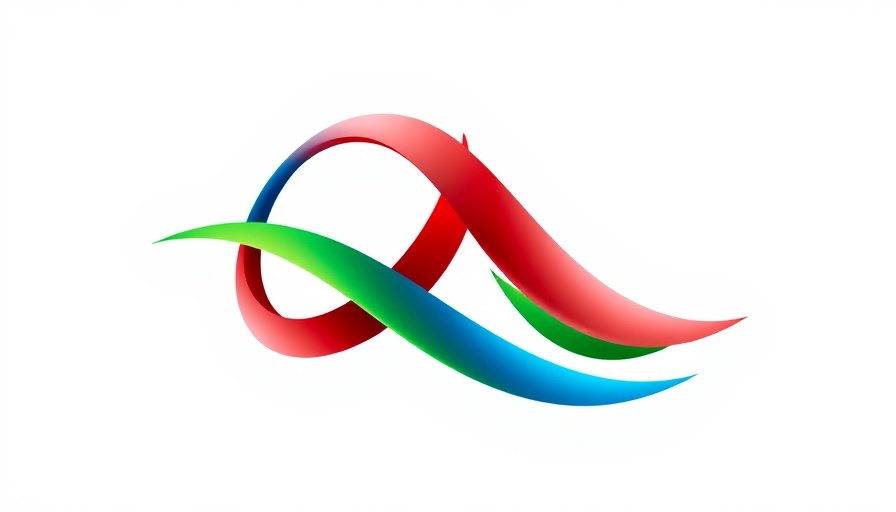
Unity Cup: A Renewed Rivalry
The upcoming Unity Cup in London is not just another football tournament; it’s a stage where Nigeria and Ghana will reignite their intense 74-year rivalry. This year, the Nigerian national team, also known as the Super Eagles, will take the field with renewed vigor as they aim to bolster their squad ahead of upcoming matches in September and October.
Head Coach Eric Chelle has carefully assembled a diverse squad comprising experienced players like Ahmed Musa and emerging talents such as Moses Simon. His decision to include standout players from Nigeria's Premier Football League showcases a strategic approach to talent development and squad strength. The inclusion of Junior Harrison Nduka, captain of the CHAN-bound Super Eagles B, illustrates the focus on homegrown talent.
Significance of the Unity Cup
The Unity Cup marks a crucial opportunity for Nigeria not just to compete, but to assess the capabilities of newer potential stars against formidable opponents like Ghana, Jamaica, and Trinidad and Tobago. The tournament is more than mere sport; it plays a role in unifying African nations through football while also drawing attention to the increasing interest in African leagues amid global focus on sports as a vehicle for economic and social change.
A Strategic Approach Ahead of Upcoming Matches
Chelle emphasized the dual purpose of the Unity Cup; it allows experimentation with player roles and a means of assessing team cohesion. This preparatory phase is vital as the national team looks to build on recent performances and enhance their tactics while fostering a strong sense of unity among players from various backgrounds.
Furthermore, as the Eagles gear up for their friendly against Russia, the selection of players like William Ekong and Victor Boniface sends a clear signal of intent. The development of African football is pivotal to not only sports but also regional ties that could translate to diplomatic and economic dialogues.
Broader Implications for African Football
The competition represents a strategic moment for Africa’s role in international football, echoing the continent's aspirations in the global sporting arena. Football is increasingly seen as a unifying force that can bridge divides and showcase the talents of African players on an international scale. The Unity Cup, set against the backdrop of international matches, will help underline Africa's growing presence in global sports discussions.
As the Eagles prepare for their matches, stakeholders in the African football ecosystem—from policymakers to investors—should view these events as opportunities to strengthen the continent’s position within the international sports community, potentially leading to enhanced investments and government support for developing local leagues.
Call to Action: Engage with the Future of African Football
In light of such pivotal sporting events, it is crucial for business leaders, policymakers, and academics to engage and support initiatives that promote African football on global platforms. This engagement not only enhances visibility but can foster further investment in infrastructure and talent development across the continent. By supporting the Super Eagles and their initiatives, stakeholders can contribute to the future trajectory of African sports and its socio-economic implications.
 Add Row
Add Row  Add
Add 


 Add Row
Add Row  Add
Add 

Write A Comment